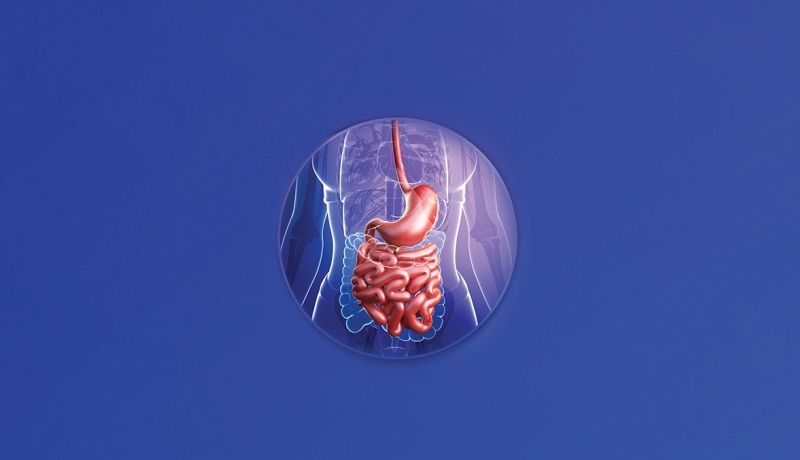INFOGEST 2.0
André Brodkorb

Industry impact: Simulated gastrointestinal digestion is widely employed in many fields of food and nutritional sciences, as conducting human trials are often costly, resource intensive and ethically disputable. As a consequence, in vitro laboratory-based alternatives that determine endpoints such as the bioaccessibility of nutrients or the digestibility of macronutrients are used for screening and building new hypotheses. Teagasc researchers have been involved in a large-scale EU-funded network to improve and standardise the scientific protocol for simulating food digestion. The protocol is a result of a long-term collaboration between more than 27 academic institutes from 18 different countries. INFOGEST 2.0 is a standardised step-by-step in vitro protocol for the study of gastrointestinal digestion of food. It is based on an international consensus developed by an EU-funded COST Action INFOGEST (2011-2015) and includes digestive enzyme assays, spreadsheets, videos and links to online tools and a YouTube channel. The method is now the academic and industry standard to simulate the digestion of food using standard laboratory equipment. It has been validated in several in vivo trials and is a particularly good approximation of the gastrointestinal digestion of dairy products. It is a static digestion method that uses constant ratios of meal to digestive fluids and a constant pH for each step of digestion. The method is designed to be used with standard laboratory equipment and requires limited experience to encourage a wide range of researchers to adopt it.
Correspondence: andre.brodkorb@teagasc.ie
Other contributors and collaborators: Collaborators from Europe, North America, Australia and New Zealand.
Funding: European Cooperation in Science and Technology (COST) Action FA1005, Dairy Research Ireland, Department of Agriculture, Food and the Marine Food Institutional Research Measure (FIRM).
